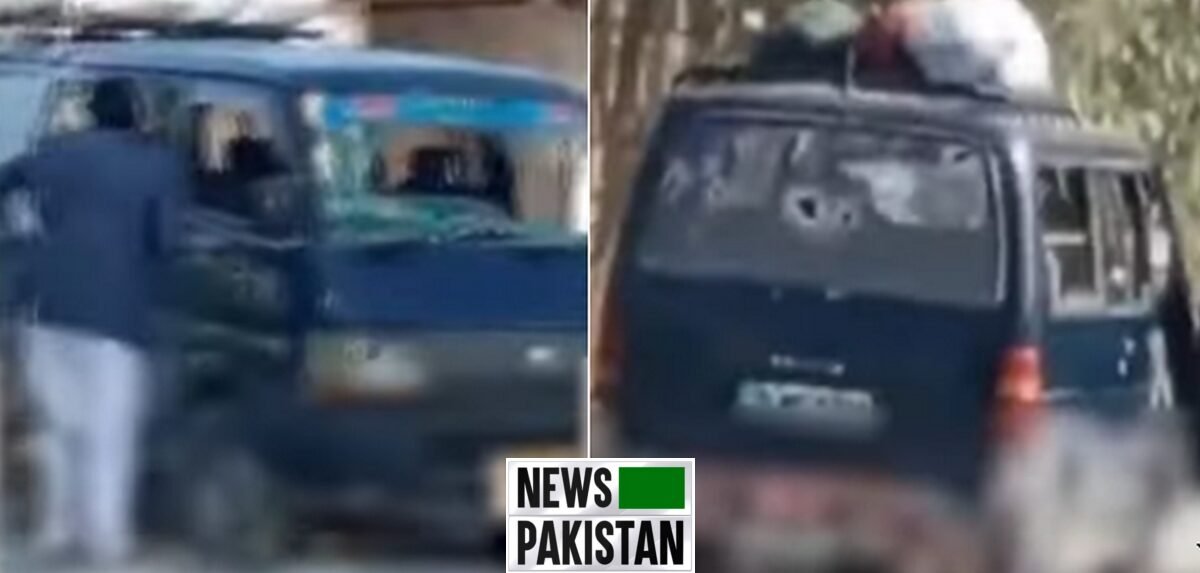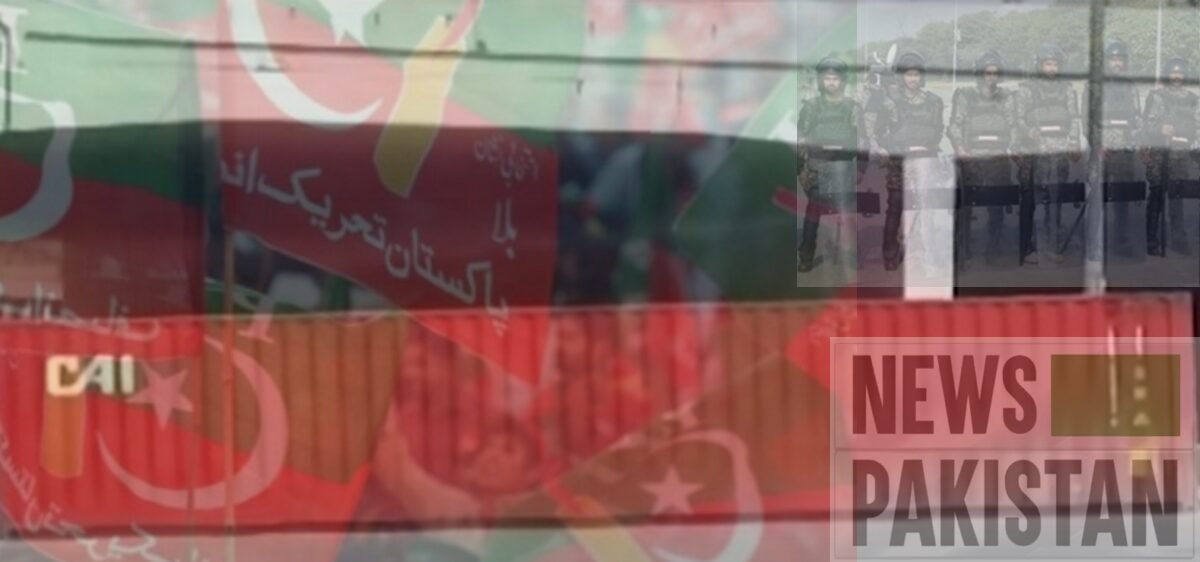RAWALPINDI: Major General Asif Ghafoor of Pakistan Army has said that Pakistan was not preparing for any war with India as it wasn’t in favor of creating any kind of unrest in the region.
Addressing a press conference here today, DG ISPR said that Pakistan was capable of responding to any misadventure by Indian side and our army was always ready to defend borders.
His press briefing came days after India levelled allegations against Pakistan for Pulwama incident in the India Occupied Kashmir.
Around 40 Indian paramilitary soldiers were killed in IoK on February 14 in the attack.
Pakistan has denied India’s accusations.
“Before I talk more about this issue, I want to say some things,” he said. In 1965 our country was progressing but this war had negative impacts on our economy, he said, discussing the history of the conflict between India and Pakistan.
In 1971, India took advantage of the situation in East Pakistan and the geographical distance between the two wings of the country, he said. Their role is well known, he added.
The ISPR director general said there is a confessional statement by the sitting Indian premier on how they conspired to break the two sections of Pakistan apart.
“When the possibility of war was ruled out due to Pakistan’s acquisition of nuclear weapons, India opted for unconventional strategy and started promoting terrorism in Pakistan,” he accused.
In 2001, when international security forces started an operation in Afghanistan, India escalated tensions on our eastern border and we had to focus on it, he said.
If this had not happened, we would have been in a better position to more effectively stop terrorism from entering our country and it wouldn’t have spread the way it did in our country, he said.
In 2008, when we were fighting against terrorism and gaining progress in our war on terror, once again India brought its forces to the border just to slow our gains, he said, adding that the case of Kulbhushan Jadhav is the evidence of that. Contrary to what India was doing, in 1988, we started talks on bilateral confidence-building measures, he said, adding that Pakistan has always offered peace.
Major General Ghafoor said that between 2004 and 2008, there were five sittings of the composite dialogue. They discontinued this process in the aftermath of the Mumbai attacks. I want to show you the timeline that every time there is an important event in Pakistan or if the situation in Pakistan is becoming more stable, a staged incident takes place in India or Indian-held Kashmir, he said.
The 2001 attack on Indian parliament was just before the general and presidential elections were scheduled to be held in India in 2002, he said. The UNGA was also in session at the time. If you come to Mumbai attack, (26-29 November 2008) we were progressing in our war on terror and general elections were about to take place in India from February, he said.
He said during January 2, 2016, Pathankot attack, the US president’s State of the Union address was due and state elections were due in India. Pak-India foreign secretary-level talks were also scheduled, he said. The Uri incident took place on September 18, 2018, when our PM was supposed to go and address the UNGA, said the ISPR chief. This pattern tells you that every time there’s an important event in Pakistan, this type of staged action takes place, he said.
Now come to the Pulwama attack on Feb 14, he said, explaining that eight important events were scheduled to happen in February and March this year. The Saudi crown prince’s visit and investment conference, the UN security council to deliberate on Pakistan’s terror listing and the Afghan reconciliation process is going on, he said.
The EU and UN will take up the issue of human rights violations in Kashmir and the decisive hearings of the Kulbhushan Jadhav case in the ICJ, discussion on the FATF report and decision regarding Pakistan will be made, he said. A meeting regarding the development of the Kartarpur border was also due and PSL matches are to be played in Pakistan. Besides these events, India is also heading towards elections and the indigenous struggle in Indian held Kashmir is at its peak, which India is not being able to control, said Major General Ghafoor.
In such an environment, as the PM said, how can the state of Pakistan afford to be involved in such an activity. What’s the benefit Pakistan could possibly gain from the Pulwama attack in light of all these events, he asked, adding that it’s against Pakistan’s interest.
“The incident took place miles from the LoC and the explosives used in the attack are used by their own security forces and administration, he said, adding that the explosives didn’t come from Pakistan. The car that was used was a local vehicle. The attack was carried out by local Kashmiri youth. Look at his history, how he remained under arrest in 2017 and how he was maltreated by the security forces, he said. He urged India to look at his parents’ video message.
A lot of people in India had predicted such an attack quite some time back, said Major General Ghafoor. It’s the election season and the kind of campaigns that were being run, were highlighted on their social media, he said.
DG ISPR warned India that if it resorts to aggression, it will not be able to surprise Pakistan. He also addressed the measures India has taken to ‘punish’ Pakistan, such as denying visas to its shooters for an Olympic event or banning the export of tomatoes.











